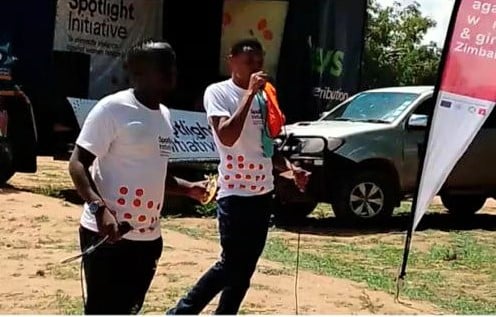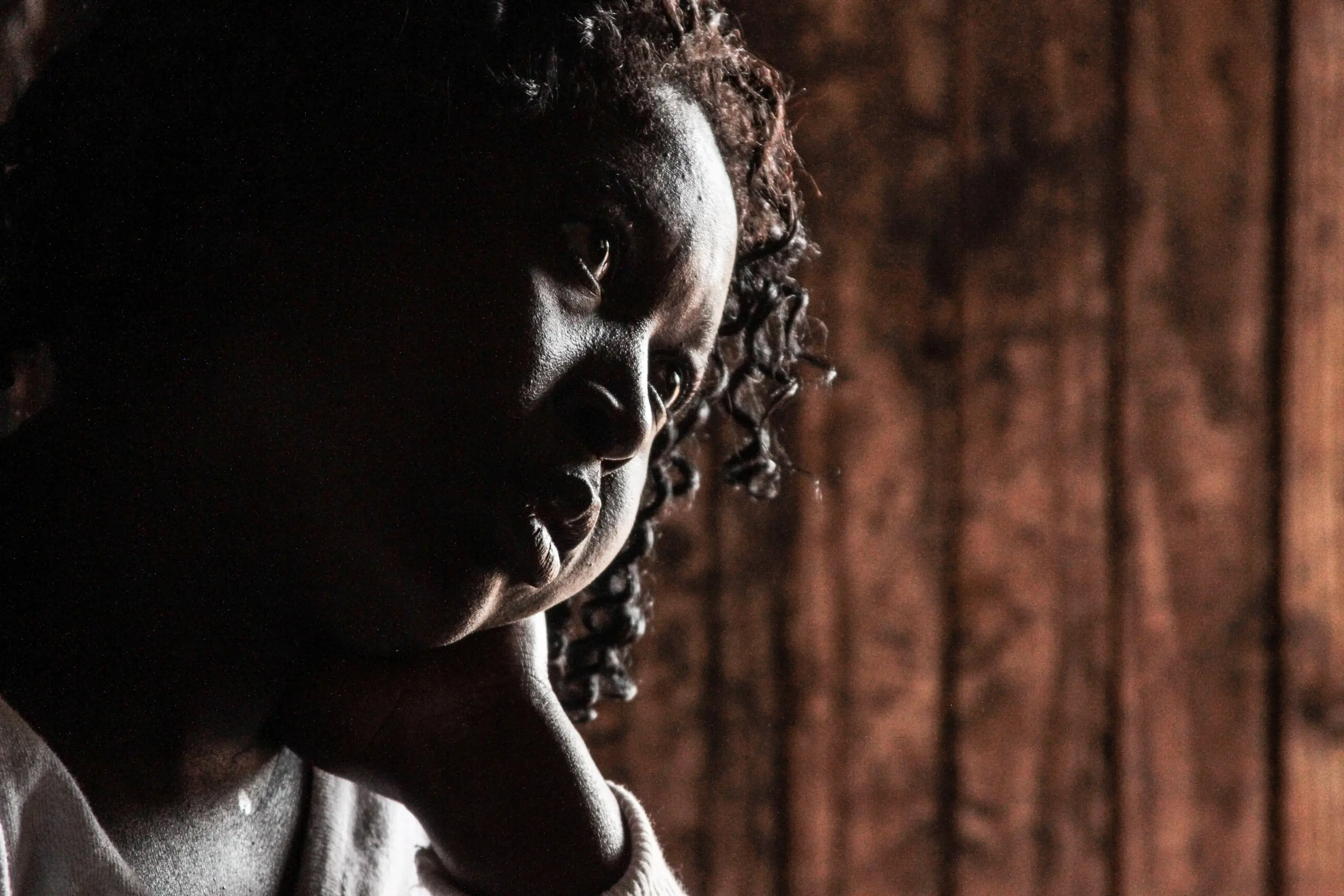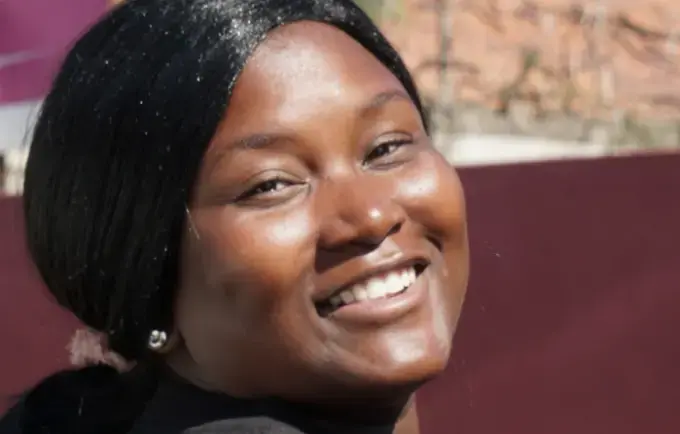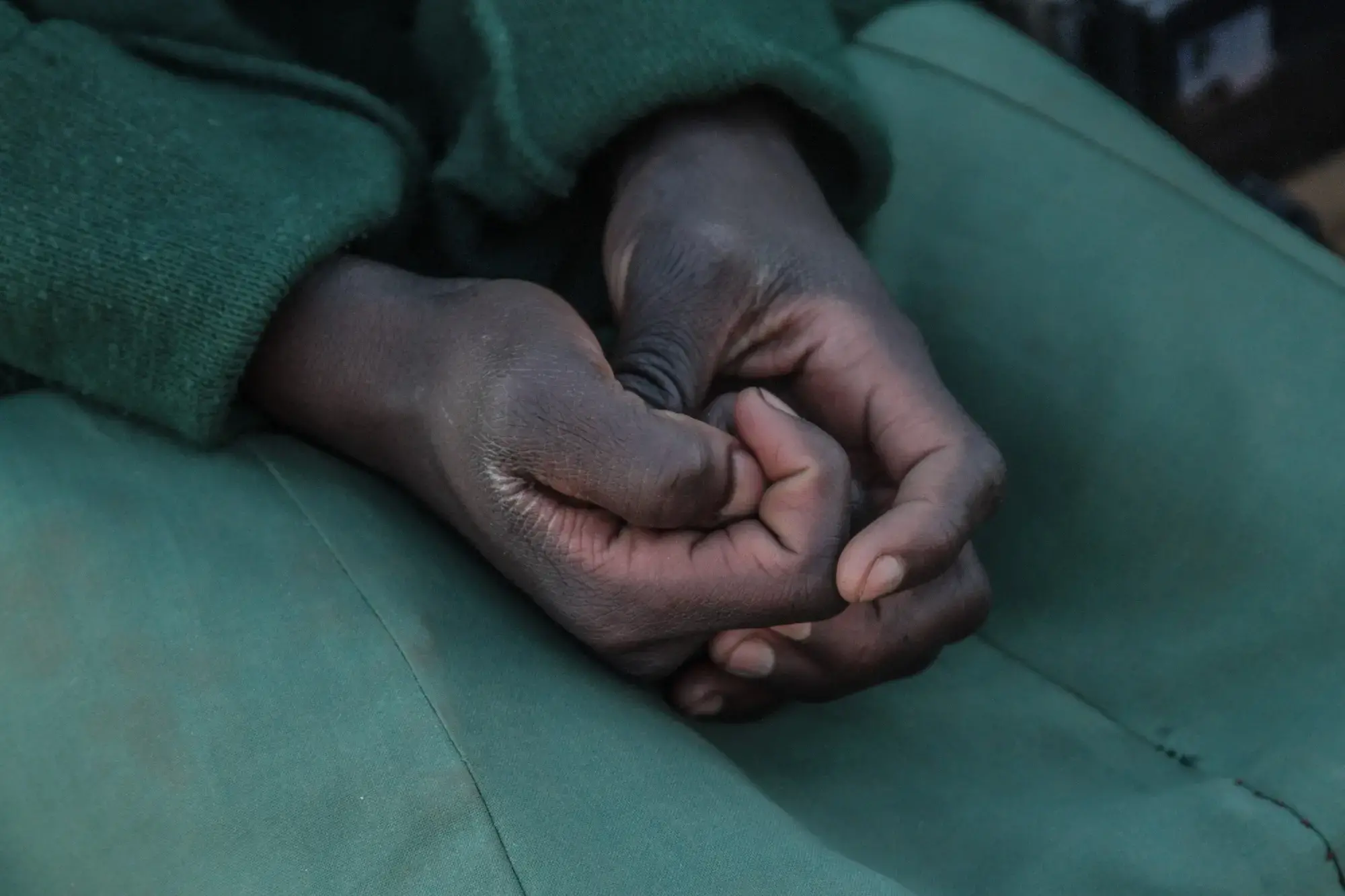“My name is Taurai Masikamba, I was born in 1996, November 19, in a family of five children, two boys and three girls. I’m the third child in the family. My mother passed on when I was very young and my father remarried in 2004.
Staying with my step mother was not that easy as I would go to school barefoot and in most cases without anything to eat before and after school. I tried very hard to talk to my father about my problems but it didn’t work to my advantage, so I decided to keep everything to myself. This affected me very much psychologically I Iost confidence in everything I did and had low self-esteem. I became very violent and reserved.
During my days in high school I met a girl who was two years younger than me and fell in love with her. I had little knowledge on sexual reproductive health and rights back then and we had unprotected sex several times. Consequently, she fell pregnant.
Soon enough I became a father to a beautiful baby girl but things were not stable in my union because we had not received pre-marital counselling. We had many misunderstandings which led to many fights. Things got even worse for me to an extent that my family members disowned me because I had become a liability to them.
My partner on the other hand started having sexual affairs with other men in our neighbourhood and we eventually separated. The separation affected me and I resorted to taking drugs. I used substances like bronclear, glue and marijuana.
Enrolling at Midlands State University changed my life positively as I started meeting many different young people with brilliant ideas and this helped me to discover and redefine myself. I was introduced to different groups and activities on campus. The group that I fitted into was peer education.
Taking part in the peer education training aided me to discover myself and know my purpose in life. It made me realize that it is my duty as an individual to make an impact in the community that I come from. I was capacitated in sexual reproductive health issues, and many other social issues that affect young people. Of all the interactions I had I was touched most by discussions around Gender Based Violence (GBV) and how important it is for survivors to speak out. One presenter said: “Silence is the best friend of impunity and it needs to be broken”. The presenter went on to say: “Men and boys have a responsibility to take the lead and influence their peers”. These words always ring in my head…I now stand committed and believe that men and boys must be powerful change agents.”

Under the Spotlight Initiative to eliminate violence against women and girls, UNFPA working with partners such as SAYWHAT is touching the lives of men and boys like Taurai, and to help them become agents of change against GBV and harmful practices.
By targeting young people in higher and tertiary institutions, the peer education interventions seeks to increase access to information and uptake of Sexual and Reproductive Health and Rights, HIV and GBV integrated services. This is done in an effort to ensure that young people in higher and tertiary education institutions can make healthy and informed decisions about their health, education and relationships.
Delivery of interventions is done through on campus and outreach integrated health service fairs, mass lectures and dialogues, including through the use of multimedia. The program also advocates for policy and practice changes to make campuses safe and inclusive learning environments for students and staff. Such efforts included the development of Protection from sexual exploitation and abuse policies.
“Working with men and boys to challenge gender inequality and toxic masculinities has a positive impact in ending gender-based-violence. A clear example is how Taurai has been transformed by this intervention,” said UNFPA Adolescent Sexual Reproductive Health Specialist Blessing Nyagumbo. “As UNFPA, we will continue to support the expansion of such interventions, in order to reach more men and boys, both in tertiary institutions and communities.”
In Zimbabwe, Gender Based Violence remains a critical concern. At least 1 in every 3 women (15 – 49) have experienced physical violence (35%) while 1 in every 5 women (17%) have experienced sexual violence. In most cases, perpetrators are the intimate partners. Life changing experiences of young men like Taurai certainly show that engaging men and boys, as part of the GBV prevention, social norms shifting and behaviour change programming is bearing fruit towards a more gender equal and GBV-free Zimbabwe.
By Bertha Shoko with additional reporting from SayWhat (This article was first published in the Spotlight Bi-Weekly Brief)





